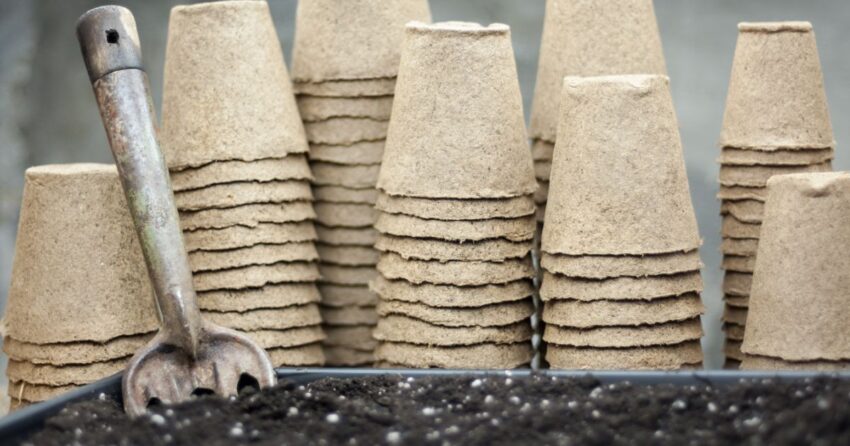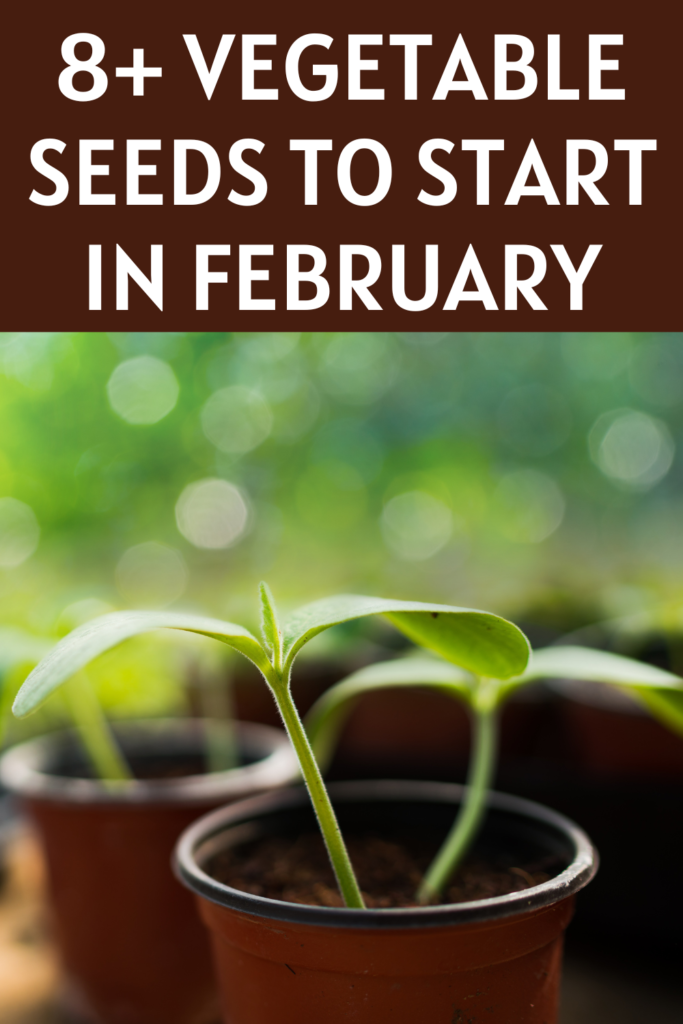February is the perfect time to start planning and preparing your vegetable garden for the upcoming growing season. If you’re looking to get a head start on the season, consider starting your vegetable seeds indoors in February. In this article, we’ll discuss eight vegetable seeds that are perfect to start in February.
1. Tomatoes
Tomatoes are a popular choice for many home gardeners, and starting them from seed in February will give you a head start on the growing season. Tomatoes require a long growing season, so starting them early will ensure that they have enough time to mature before the first frost. They also require warmth to germinate, so starting them indoors under grow lights or in a warm room is ideal.
2. Peppers
Peppers, like tomatoes, require a long growing season and warm temperatures to germinate. Starting pepper seeds in February will give them a head start on the growing season and ensure that they have enough time to mature before the first frost. Peppers come in a variety of colors, shapes and heat levels, so you can choose the perfect variety for your taste and gardening zone.
3. Eggplant
Eggplant is another warm-season crop that benefits from being started early. February is the perfect time to start eggplant seeds indoors under grow lights or in a warm room. Eggplant has a long growing season and requires warm temperatures to germinate, so starting them early will give them the best chance to mature before the first frost.
4. Cucumbers
Cucumbers are a great choice for starting in February. They are easy to grow and require warm temperatures to germinate. Cucumbers are a warm-season crop, so starting them early will give them enough time to mature before the first frost. They can be grown on the ground or on a trellis, making them a great choice for small gardens.
5. Squash
Squash is another warm-season crop that is perfect to start in February. Squash requires warm temperatures to germinate, so starting them indoors under grow lights or in a warm room will give them the best chance to mature before the first frost. Squash comes in a variety of types, such as summer and winter, so you can choose the perfect variety for your gardening zone and taste.
6. Melons
Melons are another warm-season crop that benefits from being started early. February is the perfect time to start melon seeds indoors under grow lights or in a warm room. Melons have a long growing season and require warm temperatures to germinate, so starting them early will give them the best chance to mature before the first frost.
7. Basil
Basil is a delicious herb that is perfect to start in February. Basil is a warm-season herb that requires warm temperatures to germinate, so starting it indoors under grow lights or in a warm room will give it the best chance to mature before the first frost. Basil is a great herb to have on hand for cooking and it also repels certain insects that can damage your other plants.
8. Lettuce
Lettuce is a cool-season crop that can be started in February. Lettuce can be started indoors under grow lights or in a warm room and then transplanted outside after the last frost.
Additional Tips
- Be sure to use high-quality seed-starting soil and containers to ensure that your seeds have the best chance to germinate and grow.
- Keep your seeds warm and moist while they germinate and grow, and be sure to provide them with plenty of light.
- Gradually acclimate your seedlings to the outdoors by exposing them to increasing amounts of light and cooler temperatures before transplanting them into the garden.
- Be sure to label your seedlings with the variety and date of planting so you don’t forget.
Remember also to check your zone and your climate to know when is the best time to transplant your seedlings, and what are the best varieties for your area.
Starting vegetable seeds in February is a great way to get a head start on the growing season. By starting tomatoes, peppers, eggplant, cucumbers, squash, melons, basil and lettuce in February, you’ll ensure that they have enough time to mature before the first frost. These vegetable seeds are perfect to start in February, but be sure to check the specific requirements for each variety to ensure the best results. Happy gardening!


